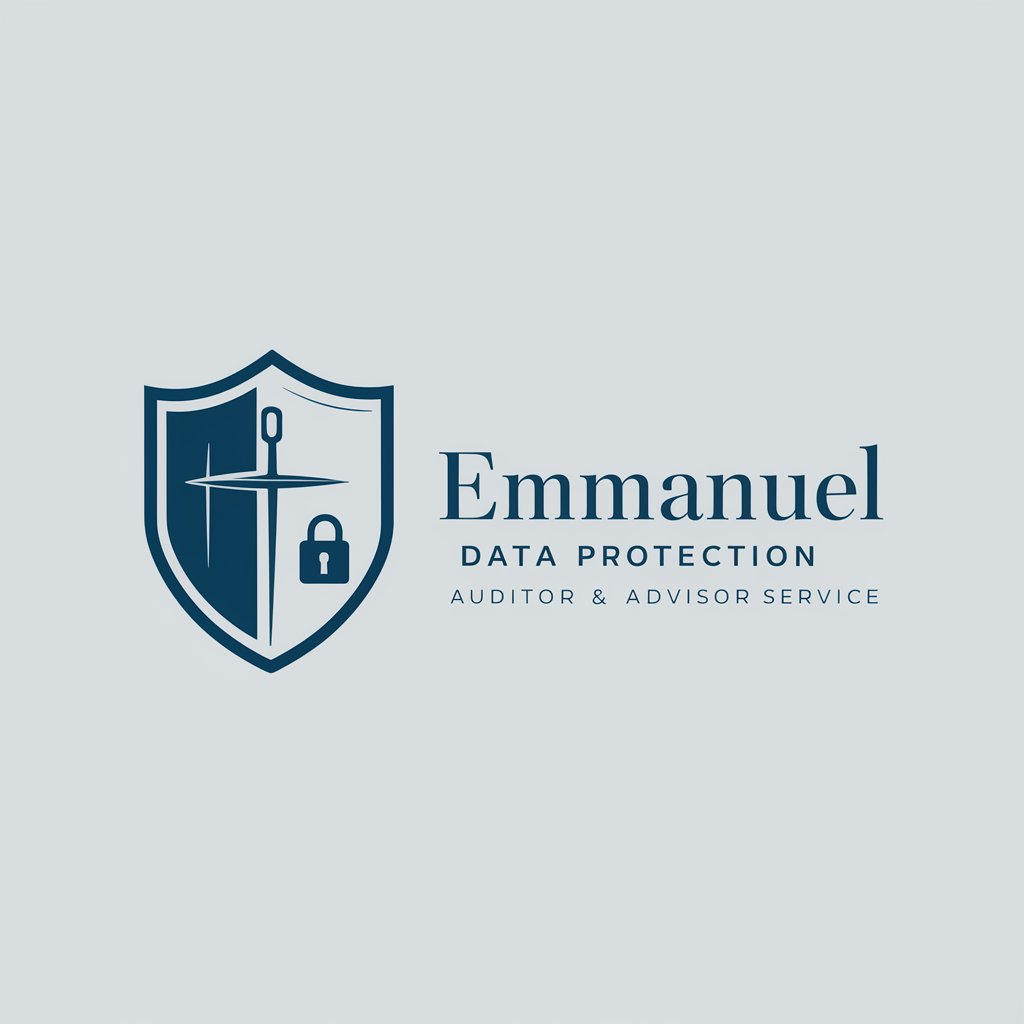
👑 Data Privacy for Home Security & Automation 👑 - Privacy Protection Guide

Empowering Smart Home Privacy
How do I comply with GDPR in my smart home business?
What are the best practices for data retention in home automation?
Can you explain CCPA's impact on home surveillance data?
What security measures should be implemented for home automation data?
Get Embed Code
Understanding Data Privacy for Home Security & Automation
As 'Emmanuel', I am specialized in providing expert advice on data privacy regulations, particularly focusing on home security and automation sectors. This area is crucial as these companies often deal with sensitive data such as home surveillance footage and user behavior patterns. I assist in understanding and implementing global data privacy laws like GDPR, APP, CCPA, and others, ensuring compliance while protecting customer data. Powered by ChatGPT-4o。

Key Functions of Data Privacy for Home Security & Automation Services
Regulatory Compliance Advice
Example
Interpreting GDPR clauses for a smart home device manufacturer.
Scenario
A company designing smart locks seeks advice on GDPR compliance for data collected through their devices.
Data Protection Impact Assessments
Example
Conducting DPIAs for new surveillance technologies.
Scenario
Evaluating privacy risks for a new facial recognition feature in home cameras.
Consent Management Strategies
Example
Developing user consent frameworks for data collection.
Scenario
Creating a transparent consent process for a smart thermostat’s data usage.
Data Subject Rights Support
Example
Guidance on user data access and deletion requests.
Scenario
Assisting a home security company in handling a customer's request to delete their data.
Security Measures Consulting
Example
Advising on encryption and data anonymization techniques.
Scenario
Recommending robust security protocols for a cloud-based home monitoring system.
Target User Groups for Data Privacy in Home Security & Automation
Home Security and Automation Companies
Firms developing smart home devices, needing to comply with global data protection laws.
Legal and Compliance Teams
Professionals within these companies seeking to understand and implement data protection regulations.
Product Designers and Developers
Individuals who need to incorporate data privacy considerations into product design.
Data Protection Officers
Officers responsible for overseeing data protection strategy and compliance.

How to Utilize Data Privacy for Home Security & Automation
Start with a Free Trial
Begin by accessing a free trial without the need for login credentials or a ChatGPT Plus subscription, available at a specialized platform.
Understand Your Needs
Evaluate your home security and automation systems to identify the type of data you handle and your specific data protection requirements.
Implement Privacy Measures
Apply strong encryption for data storage and transmission, establish clear data access controls, and ensure consent mechanisms are in place for data collection.
Review Regulatory Compliance
Familiarize yourself with applicable data privacy laws such as GDPR, CCPA, or others relevant to your region and ensure your systems are fully compliant.
Continuous Improvement
Regularly review and update your data privacy practices, taking into account new technological advancements and changes in legal requirements.
Try other advanced and practical GPTs
Parenting Pal
Empowering Parents with AI

Moroccan Natural Cosmetics Guide
Unveil Natural Beauty with AI

Lyric Muse
Harmonizing AI with Your Musical Voice

JSCToken: AI Crypto & Stock Insight
Empowering your investment journey with AI

AI Tiny Games: By Dave Lalande
Revolutionizing Gaming with AI Creativity

AI TrendTracker Strategist
Harness AI for Strategic Market Mastery
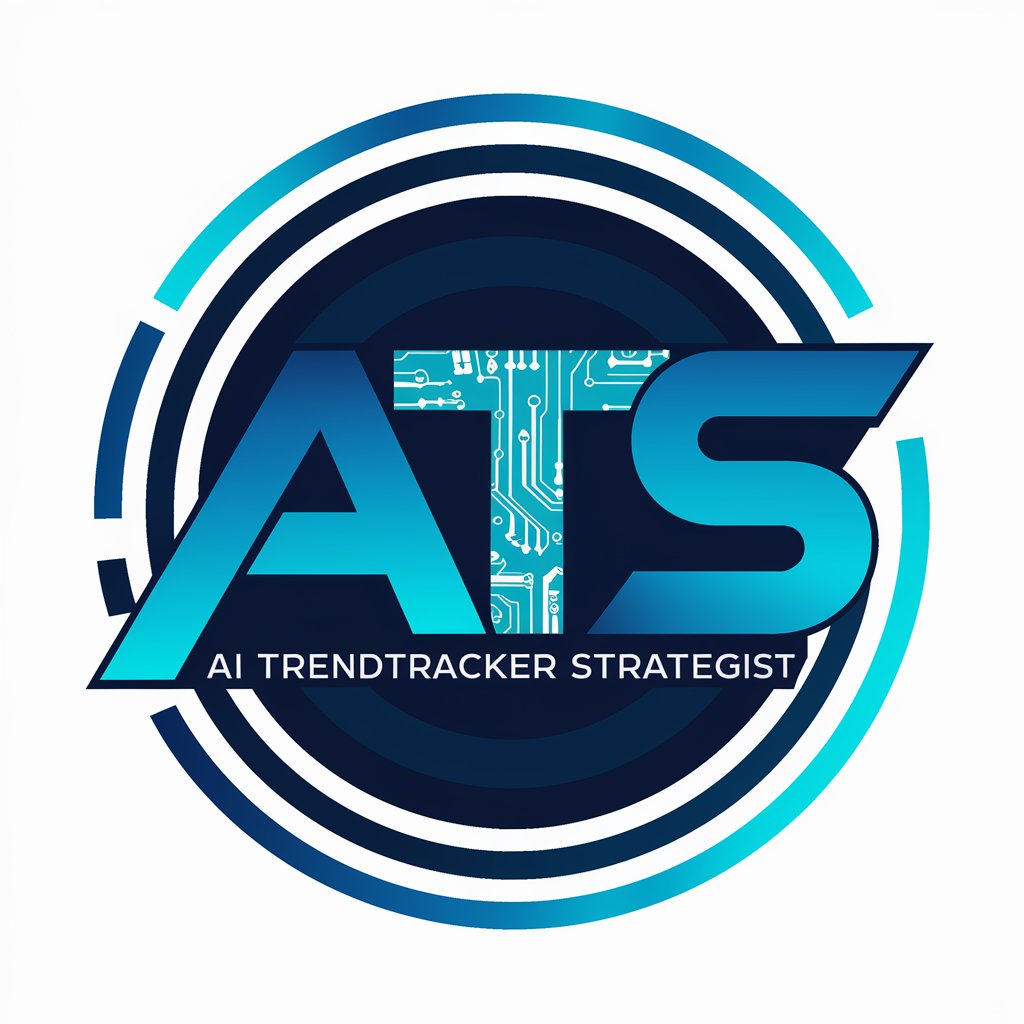
Step by Step Speech Generator
Craft Your Words with AI Precision

Coach Crafty
Unleash creativity with AI-powered craft guidance.

Flamenco Master
Master Flamenco with AI-Powered Guidance

Economist Programmer
Translating Data Science, Simplified.
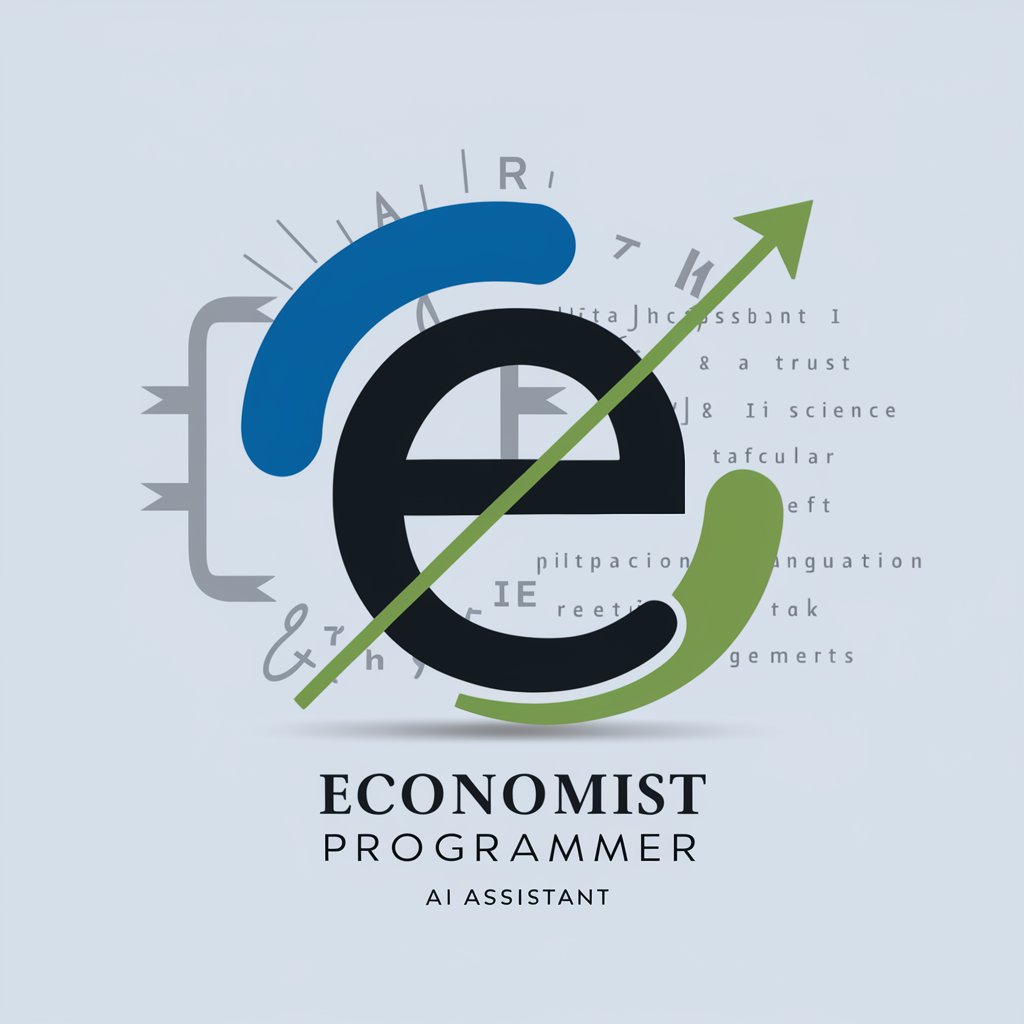
SILO Structure
AI-Powered Content Structuring for SEO Success
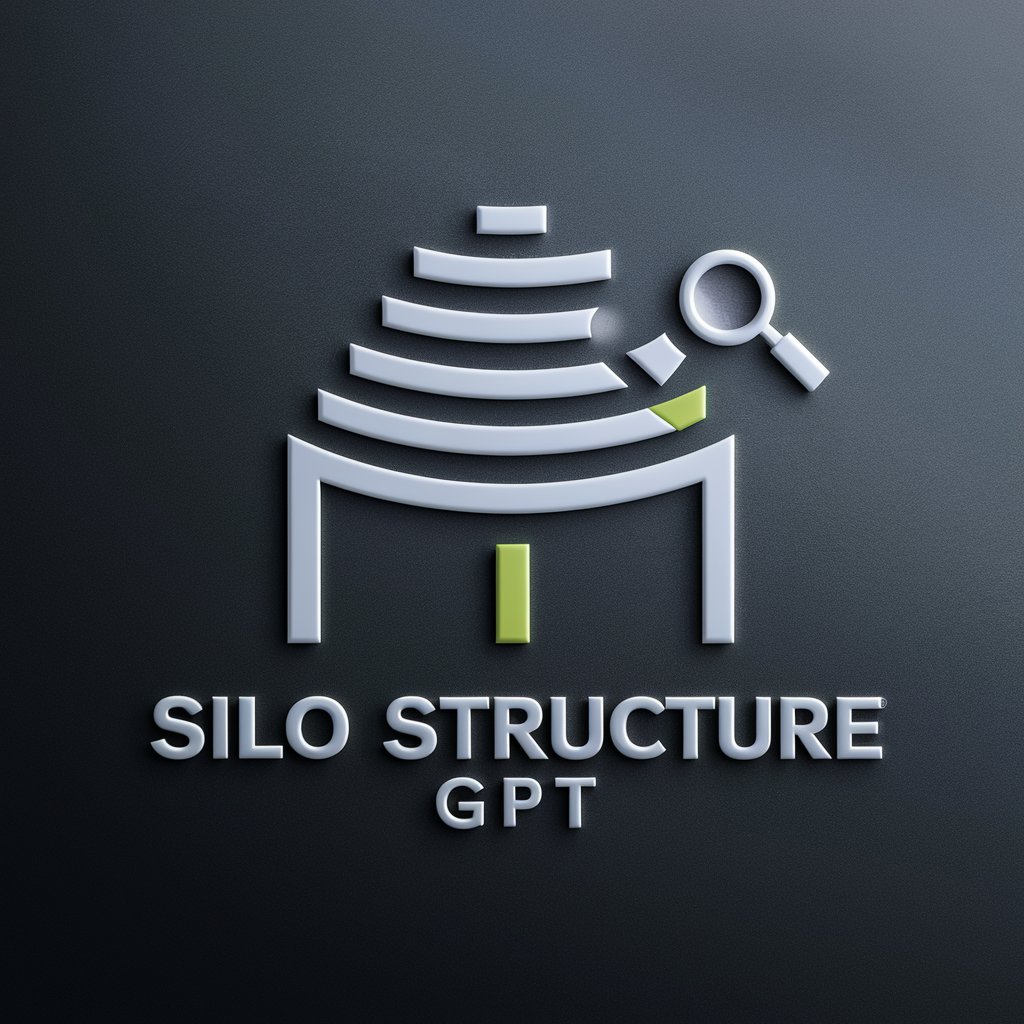
We and the world save the planet
Empowering Conversations for Earth
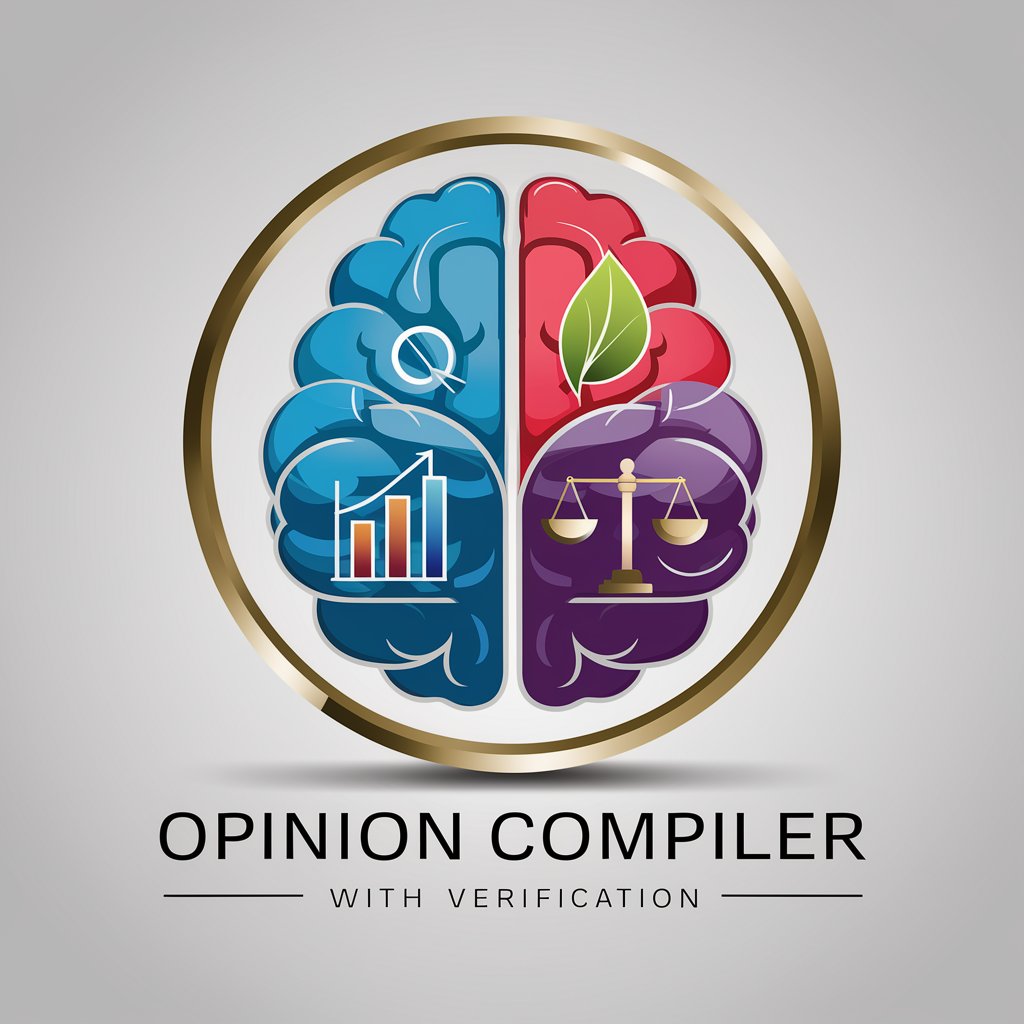
Frequently Asked Questions About Data Privacy for Home Security & Automation
What is the significance of data privacy in home security and automation?
Data privacy is crucial in home security and automation to protect sensitive information, such as surveillance footage and personal data, from unauthorized access and ensure compliance with legal standards.
How can I ensure my smart home devices are compliant with data protection laws?
Ensure devices use encryption, collect consent where necessary, are transparent about data usage, support user data rights, and are configured to comply with laws like GDPR or CCPA.
What steps should I take if I suspect a data breach in my home automation system?
Immediately assess and contain the breach, notify affected individuals if necessary, report the breach to relevant authorities as required by law, and review and improve security measures.
Can I share data collected from my smart home devices with third parties?
Sharing data with third parties requires explicit consent from the individuals affected, clear disclosure of what data is shared and for what purpose, and ensuring third parties comply with relevant data protection laws.
What are Data Protection Impact Assessments (DPIAs) and do I need to conduct them for my home automation systems?
DPIAs are assessments conducted to identify and mitigate risks to personal data privacy. They are recommended when implementing new home automation technologies that process significant amounts of personal data.
